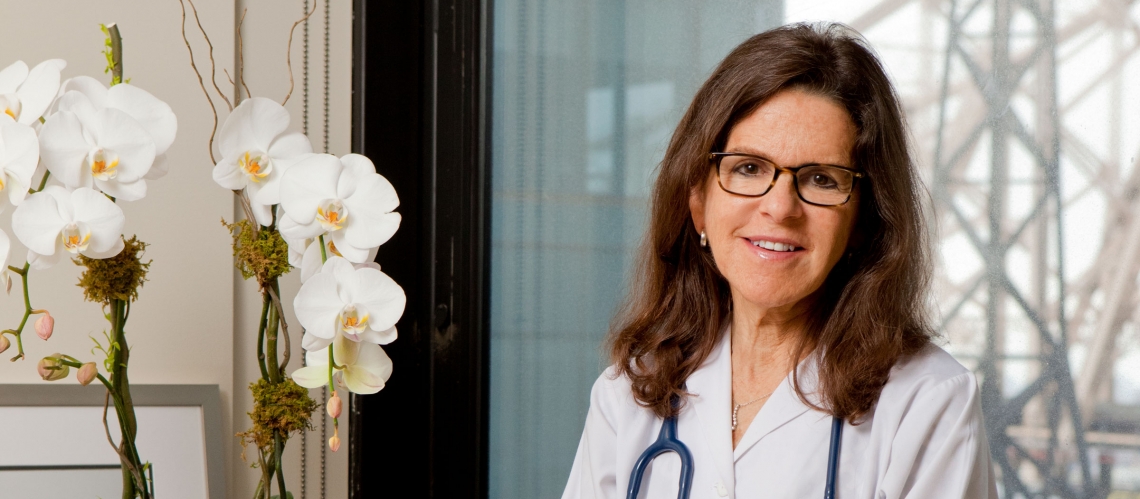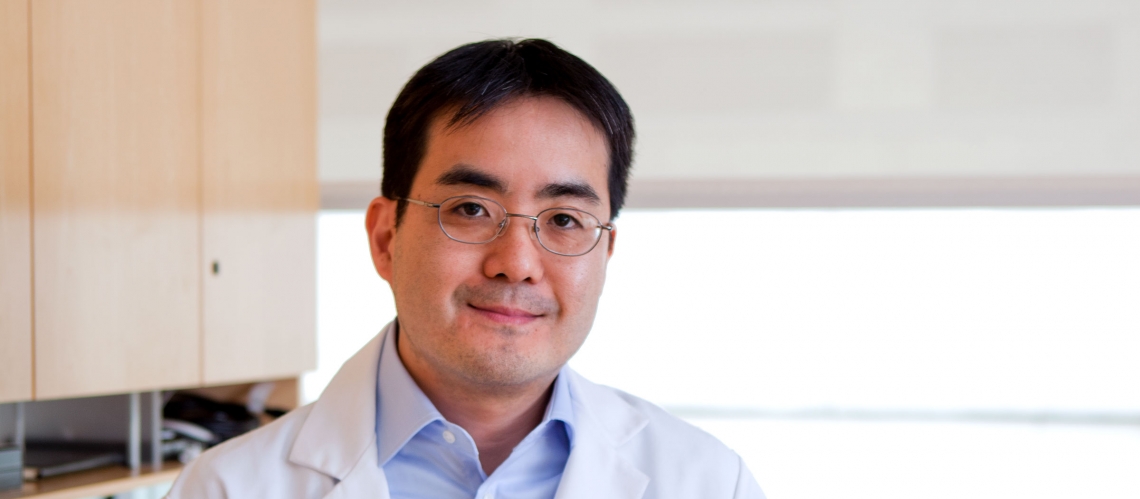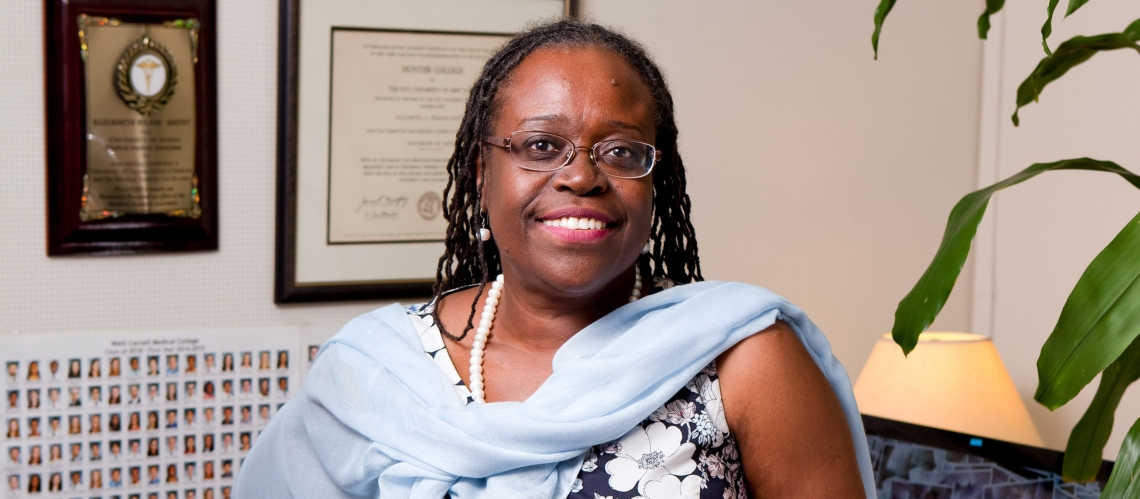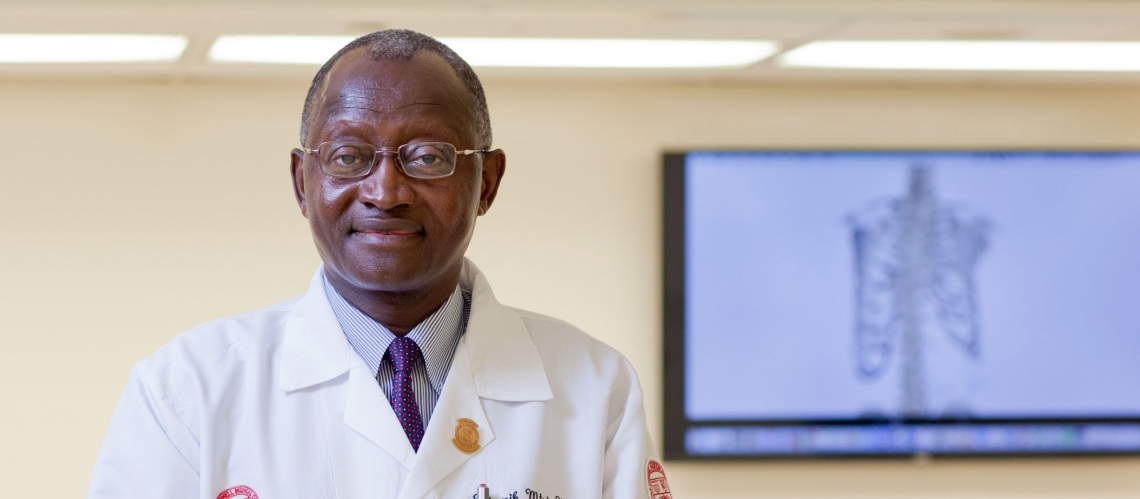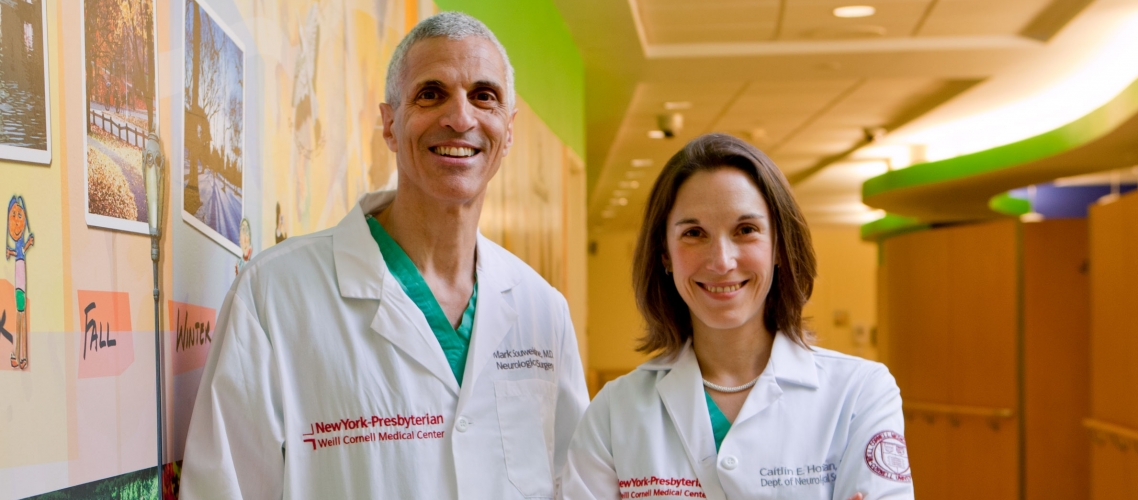Dr. Makoto Ishii ’08
Assistant Professor of Neuroscience and of Neurology, Feil Family Brain and Mind Research Institute
“I grew up in America, so I didn’t see my grandmother as much as I would have liked. But when I was an MD-PhD student, I took two years off to live and work in Japan, and I got to know her a lot better. A few years after that she was diagnosed with Alzheimer’s; she was always a strong-willed and independent woman, but she now requires 24-hour-a-day care. I was training to be a neurologist when she was diagnosed, and it really shaped the direction of my career. One of the key components was that I saw she lost a lot of weight right before she developed Alzheimer’s. That got me interested in how weight loss might play a role. As I delved deeper, I realized it has been described for decades, but nobody understood why it occurs. That drove me to try to identify the molecular mechanisms underlying it. Is it a cause or an effect? We think it’s both. We think it’s a metabolic change that occurs as part of the disease, and we hypothesize that it’s detrimental to brain function. Unfortunately, science doesn’t move fast, so you know the work you’re doing isn’t going to help someone today. You hope it will help in the future — but whether that’s six months or 10 years down the road, you don’t know. Hopefully, we can help someone else’s parents or grandparents. That’s what I keep my eye on.”

